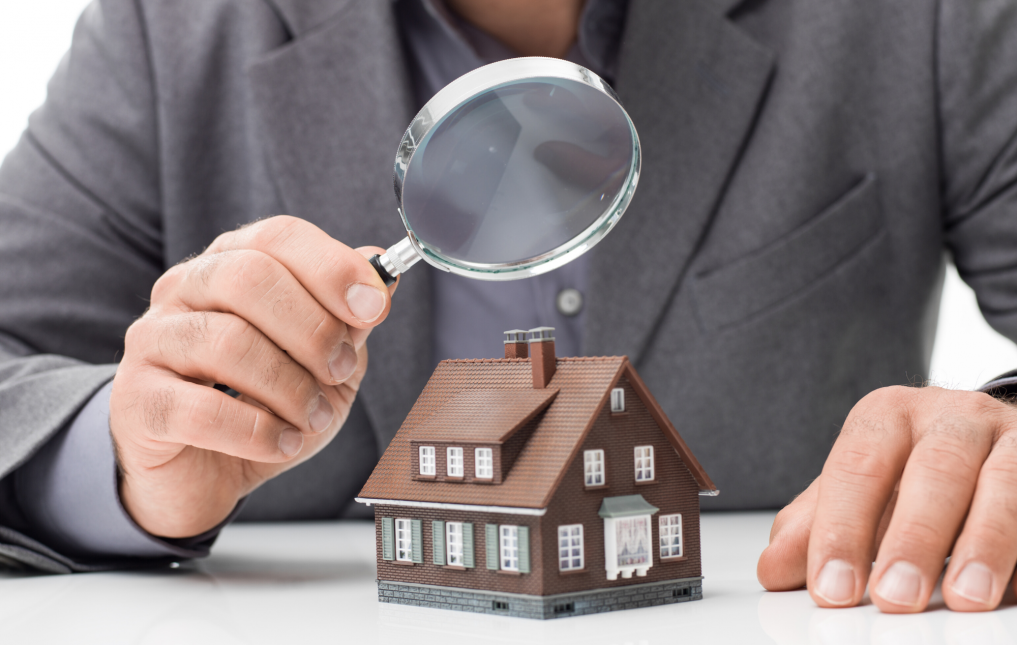When buying a home, most Buyers will request an inspection of the property they are looking to purchase. If you would like to have your home inspected, it’s essential to include an inspection contingency in your Offer during your negotiation with the Seller.
What does the Inspection Contingency Authorize?
The primary inspection contingency in a Wisconsin Offer to Purchase only authorizes inspection of the property and follow up investigations of specific components that an inspector may recommend during the review (i.e., further evaluation of chimney, roof, HVAC). If you also want to pro-actively inspect specific components through a third party professional without the recommendation of the inspector, you can include these as separate items you would like to investigate. The inspection contingency does not authorize testing. If you want to ask for individual tests (i.e., radon, mold, asbestos), you will want to incorporate a separate testing contingency in your Offer for these items.
Choosing An Inspector
An experienced inspector will make all the difference and could save you hundreds or even THOUSANDS of dollars. If you don’t have a trusted contact, ask your real estate agent! An experienced agent will have a handful of great contacts for you to reach out to for assistance. Ultimately though, you need to be comfortable with the professional that you select to perform your inspection. Visit their website, read their bio, ask about their experience and the types of properties that they are most familiar with inspecting (condos, newer homes, older homes, multifamily, etc.). Keep in mind that if you are purchasing a home in the winter, your inspector may not be able to inspect some spaces (such as the roof or A/C). Some inspectors also do not inspect appliances, so make sure to ask and be comfortable with the scope of the work that the inspector is willing/able to perform.
What Happens During the Inspection?
We all know that schedules can get busy, but if possible, we always recommend that you are present for your home inspection. This way, you can engage with the inspector, ask questions, and learn a ton about the home that you are buying. Your home inspector will perform an inspection of the structure and specific components of the home (assuming they can access them, and it is safe to do so). Some of these components will include the roof, foundation, attic, decks, plumbing, electric, heating & cooling. Dress for the weather during your inspection and wear comfortable shoes so you can walk around the home together and discuss what the inspector is finding.
What Happens After the Inspection?
Your home inspector will provide you with a detailed report and pictures of the items that he or she found at the time of the inspection. From here, you have the right to address defects with the Seller. A “defect” is defined as something that adversely affects the value of the property, impairs the health or safety of future occupants of the property, or that if not repaired, removed, or replaced would significantly shorten or adversely affect the expected average life of the premises. Keep in mind that almost every single property will have some form of a defect ranging from minor fixes to more significant issues, and it is essential to remain reasonable with your requests. Some buyers will request to have the Seller complete actual repairs, and others will attempt to negotiate a credit or purchase price reduction to address post-closing with the professional of their choice. The direction you take depends on your comfort level and the agreement you can come to with the Seller. Be mindful of the contingency deadline that you set in your Offer and make sure that you are coming to an agreement with the Seller on the appropriate remedies within that timeframe.
Categories

Real Estate Insights

Around Town

Home Design

Neighborhood Spotlights

Buying & Selling Tips
Uncategorized
Recent Posts

Embrace the Buzz-Free Zone: Plants that Naturally Keep Bugs Away Outdoors!

7 Outdoor Patio Dining Gems in Madison You Must Experience

